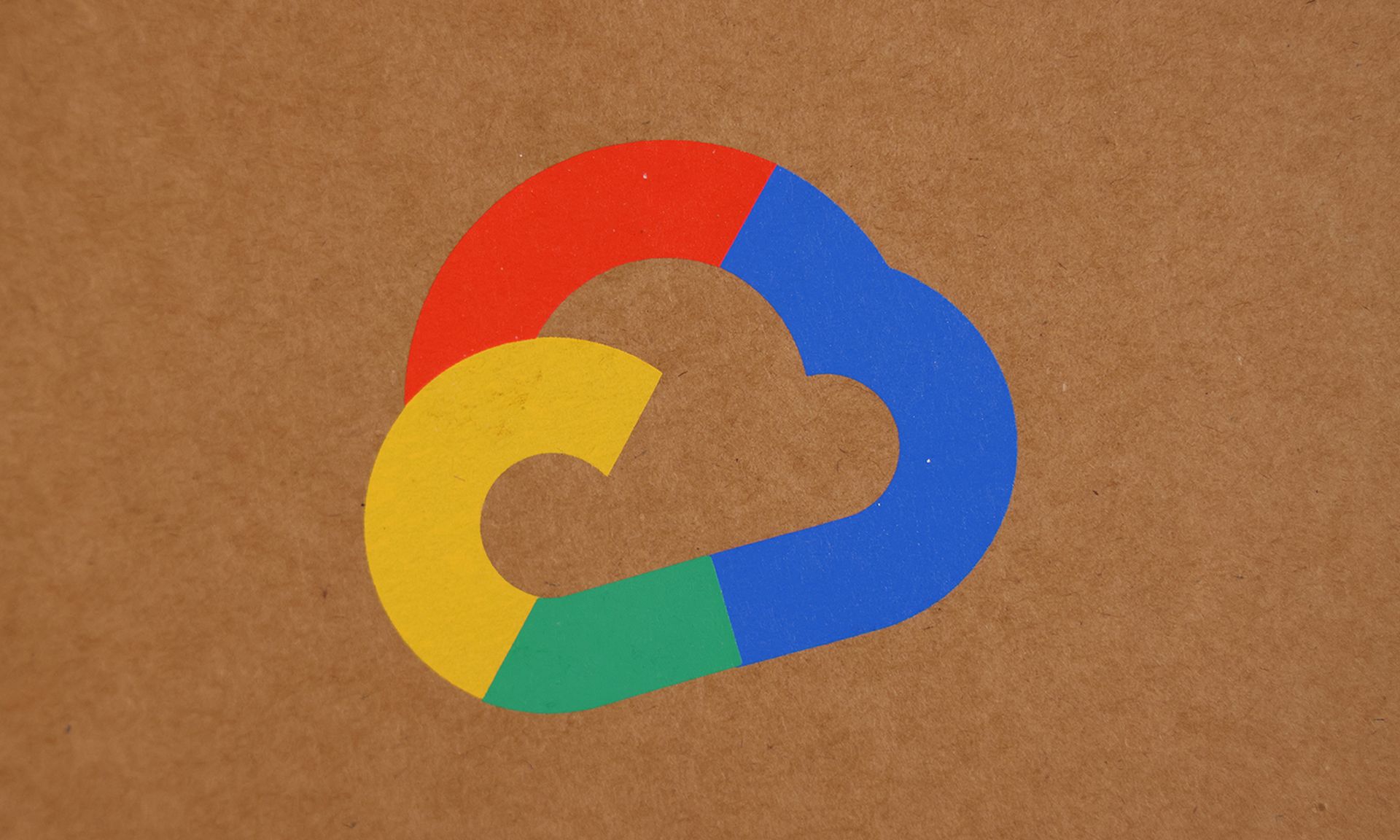Determined not to be the next Sony Pictures, film production company New Regency Productions is currently testing a proof-of-concept for moving its business operations to the cloud, while securing both its creative content and employee information with access management techniques.
The West Hollywood-based company, which has produced such critically acclaimed films as The Big Short, Birdman, The Revenant, and 12 Years a Slave, began seriously considering cloud migration in 2015. At that point, the company began working with Microsoft to move its operations onto the Azure platform, according to New Regency production executive Lulu Zezza, who presented Wednesday at the 2017 RSA Conference in San Francisco.
According to Zezza, the cloud-based system introduces several critical workflow improvements that will allow New Regency to place more secure restrictions on sensitive data and content. For instance, the proof-of-concept includes a mechanism that allows employees to access systems only if they are logging in with pre-approved devices. Moreover, the cloud-based platform verifies users' IP address to determine if they are operating from a secure location.
"If it's a known IP address like our office network of maybe a mobile provider's VPN, they will be granted full access to the applications and the systems that they need to use to do their job, but if they're on Starbucks Wi-Fi and it's an unknown, untrusted IP address, they may not be granted any access, or perhaps only their email," said Zezza.
Once logged in, employees will be granted permission-based access to only those applications and files that correlate with a particular movie they're working on or the specific job they perform for the company. Additionally, all files that are saved or copies to network file servers are individually encrypted. According to Zezza, the company currently manages roughly 500,000 data files.
Zezza said that it was after the European Court of Justice struck down Safe Harbor in 2015 that she saw the need to create new policies around storing employees' personally identifiable information. "I realized that on that day we had 1,800 crew in four countries... and their PII [personally identifying information] was going back and forth across the ocean..." she recalled. New Regency later decided that, with a few notable exceptions, an employee's information will always be stored in the country in which that individual is working.



